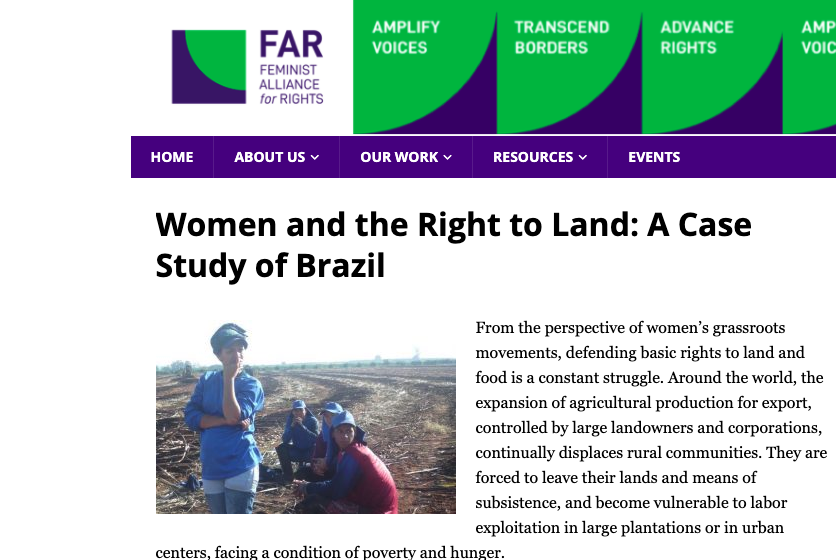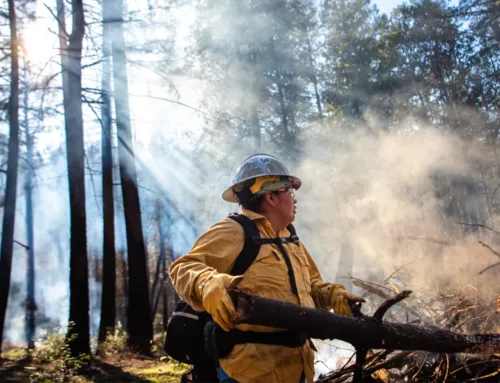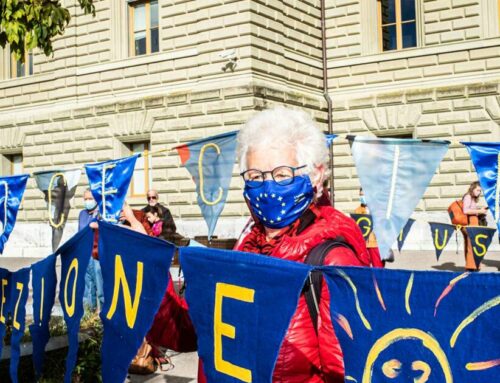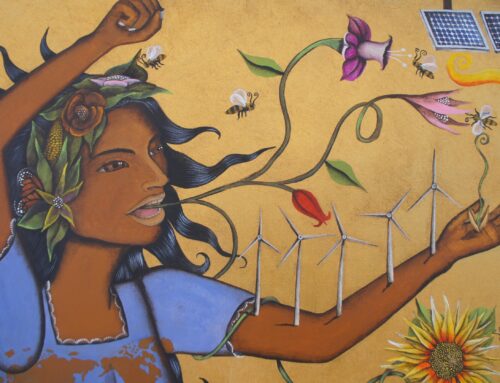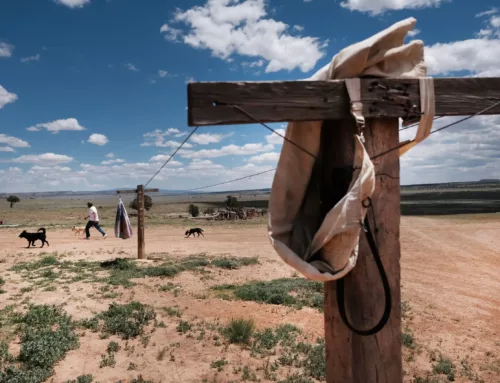Ana Célia, Edite Rodrigues, and Odete Mendes are among many rural Brazilian women who are struggling to make a living off of sugarcane farming but face unhealthy working conditions and unfair wages—conditions being exacerbated by land monopolies and market speculation. In the case of women like Maria Souza and Lusiane dos Santos, these stories have repeated themselves throughout multiple generations, with mothers and daughters being forced to work in the fields to sustain their families. Despite small farmers being most responsible for food production and job creation in the countryside, they occupy less agricultural land and receive less state support than large landowners and corporations, causing food insecurity and displacement in rural communities and subjecting women workers with limited alternatives to degrading conditions. That is why leaders like Carlita da Costa, president of the Cosmópolis Rural Workers Union, is fighting for labor rights by organizing rural women and focusing on structural changes to ensure secure markets for women farmers, public resources and social services, accessible education in the countryside, and basic rights to land and food. Photo credit: Feminist Alliance for Rights


